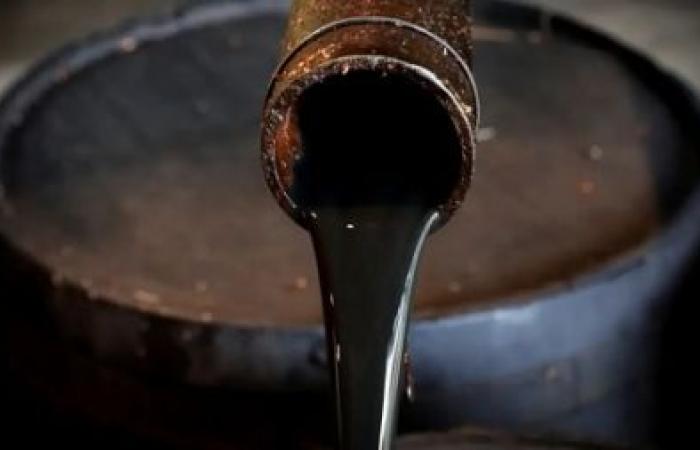(Ecofin Agency) – In line with the plan of the Gabonese government, which wishes to see the country less dependent on its extractive industries, whose market volatility can be detrimental to the economy.
Oil production showed a declining participation in Gabon's GDP, falling from 28.2% to 25.3% over the 2022-2023 season according to the Ministry of the Economy relayed by New Gabon. This is attributed to the drop in the average price of local crude oil, which fell from $100 in 2022 to $80.5 in 2023. In 2023, oil production increased by 7.6%, exceeding forecasts (+ 3.3%), due to the good yield of the fields.
This state of affairs is nevertheless in agreement with the Gabonese government's projections. Indeed, the latter seeks to reduce this share to less than 20% by 2025, estimating that the excessive dependence of the economy on oil and mining revenues represents a major risk, due to the volatility of the financial markets.
With this in mind, measures have been taken in recent years with the aim of diversifying the country's economy, in particular by increasing the share of the forestry and agricultural sectors in GDP. According to Gabonese authorities, these efforts could help revive an economy in crisis and create jobs.
It is also in this context that the Emerging Gabon Strategic Plan (PSGE), launched in 2009, was put in place to reduce the dependence of the Gabonese economy on oil. The PSGE was followed by the Plan to accelerate the transformation of the Gabonese economy and the National Development Plan for Transition (PNDT).
Business






